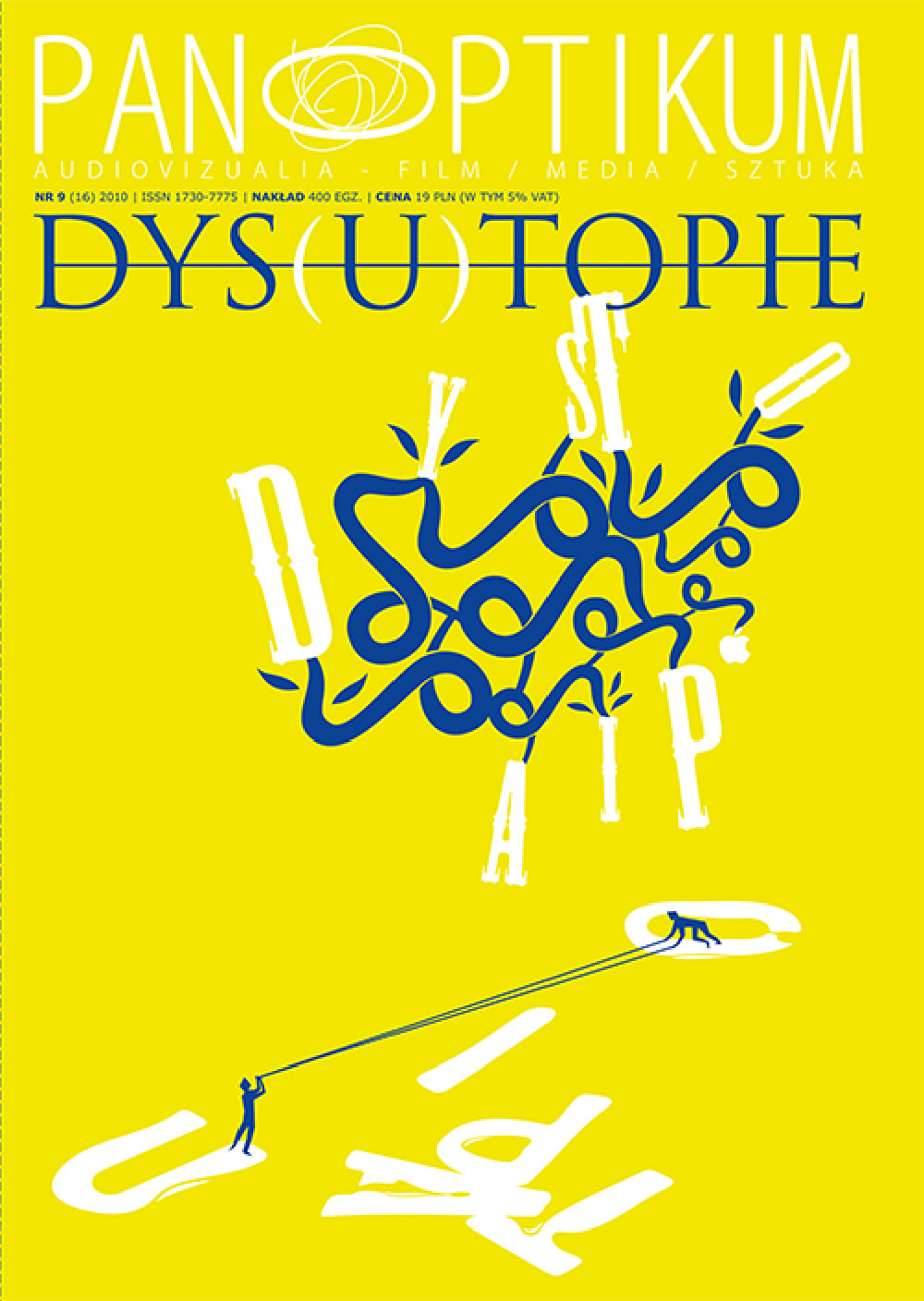The L Wor(l)d: Czasoprzestrzenie utopii/dystopii
Abstrakt
This article explores the idea and representation of lesbian or non-heteronormative utopia at work in The L Word TV series. Drawing from such theorists as Grosz, Keinhorst, Johnson or Mellor the article attempts to capture selected utopian qualities of the series as well as to present various redefinitions of the utopian as such, for these redefinitions prove to be pregnant with consequences for the applicability of the concept of utopia in lesbian longing and striving for visibility and emancipation. As lesbian utopia has long been the subject of interest to lesbians themselves and an eroticized theme for heterosexist fantasy it comes as no surprise that the topic has returned in an immensely successful TV production, though the utopian quality in it might be described rather as hinted rather than stated explicitly. What this article insists on in particular is Elizabeth Grosz’s proposition to see the utopian as a mode of temporality and uncontrollable generativity as well as her observation that utopia is always a figure of self-undermining, thus always bordering on the dystopian. In this way my analysis is wary of treating the lesbian utopia as unequivocally emancipatory and didactic, yet seeing it nevertheless as very productive and refreshing both in respect to traditional invisibility of lesbianism or its marginality as well as to the cultural taboo that women should not occupy too much space, not to mention all the space. The text also interrogates the dystopian elements of the series, but from a point of view which sets them as not contradictory to its utopianism.

 Uniwersyteckie Czasopisma Naukowe
Uniwersyteckie Czasopisma Naukowe





